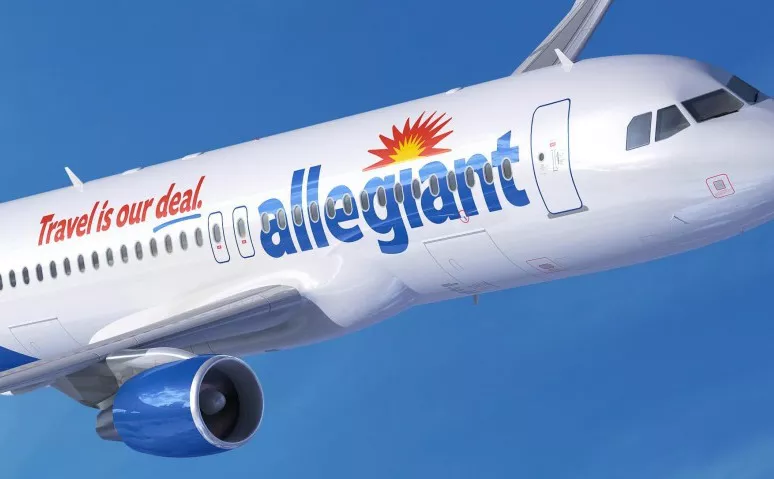When considering air travel, passenger safety is paramount. Allegiant Air, a prominent ultra-low-cost carrier in the United States, has faced scrutiny regarding its safety practices. This article delves into Allegiant Air’s safety record, examining historical incidents, fleet composition, regulatory oversight, and current safety measures to provide a clear and informed perspective.
Historical Safety Concerns
Mid-Flight Mechanical Issues
In 2015, Allegiant Air’s aircraft experienced a notably high rate of mid-flight mechanical failures. An analysis by the Tampa Bay Times revealed that in 2015, Allegiant’s planes were four times more likely to fail during flight compared to those of other major U.S. airlines. The report highlighted that 42 of Allegiant’s 86 planes had at least one mid-flight breakdown, including engine failures, overheating tail compartments, and in-flight smoke.
Similarly, a CBS News investigation uncovered that between January and March 2015, pilots reported 38 potentially hazardous incidents, such as engine failures and pressurization problems, raising concerns about the airline’s maintenance practices.
Aging Fleet and Maintenance Practices
Allegiant’s reliance on older aircraft models, particularly the McDonnell Douglas MD-80 series, has been a focal point in safety discussions. In 2015, the average age of Allegiant’s planes was 22 years, significantly higher than the 12-year average for other U.S. carriers. The MD-80s, known for their age, were found to fail twice as often as those operated by American Airlines and three times as often as those flown by Delta.
The airline’s maintenance practices were also questioned, with reports suggesting that Allegiant’s planes were four times more likely to experience mid-air mechanical breakdowns than those of other U.S. airlines.
Regulatory Response and Oversight
In response to safety concerns, the Federal Aviation Administration (FAA) increased oversight of Allegiant Air. The FAA’s rigorous audits and inspections aim to ensure compliance with safety standards. Allegiant has stated its commitment to adhering to all mandatory safety regulations and participating in voluntary safety programs.
Is Allegiant Air Safe?
In recent years, Allegiant Air has taken steps to address past safety issues. The airline has retired older aircraft models, replacing them with newer, more reliable planes. Enhanced maintenance protocols have been implemented to reduce the likelihood of mechanical failures. These efforts have contributed to a decline in in-flight incidents.
Notably, in 2025, AirlineRatings.com recognized Allegiant Air as one of the safest low-cost airlines, placing it among the top performers in safety within its category.
Comparative Safety Performance
When compared to other U.S. carriers, Allegiant’s safety performance has shown significant improvement. While historical data indicated a higher rate of mechanical issues, current statistics suggest that Allegiant’s safety record aligns more closely with industry standards.
Passenger Experiences
Passenger experiences with Allegiant Air vary. Some travelers express concerns over additional fees and customer service, while others report satisfactory flights. It’s important to distinguish between service quality and safety performance when evaluating the airline.
Conclusion
Allegiant Air’s safety record has evolved over time. While the airline faced significant challenges in the past, recent improvements in fleet management, maintenance practices, and adherence to regulatory standards have enhanced its safety profile. Prospective passengers are encouraged to stay informed about the latest safety information and make travel decisions based on current data and personal comfort with the airline’s safety record.

